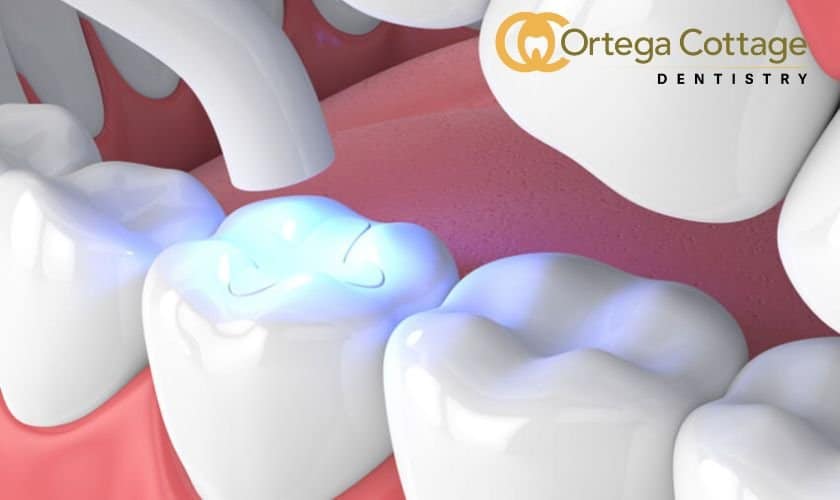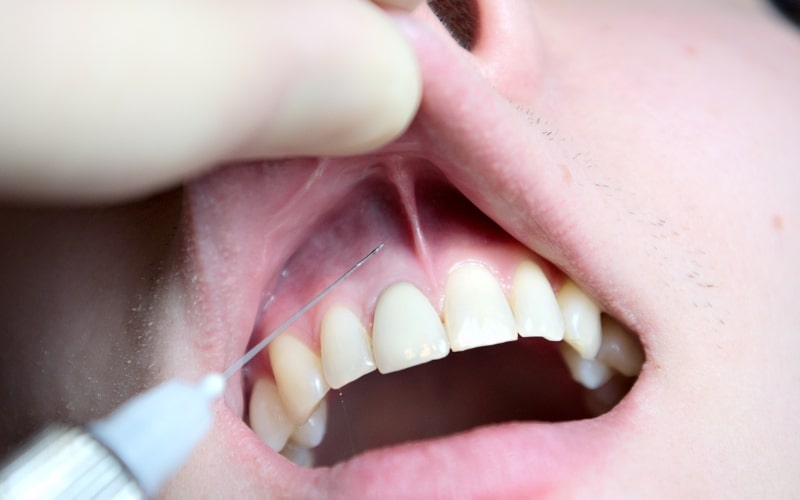
Cavities usually develop as a result of tooth decay. Your teeth may start to decay whenever the acids produced by plaque and bacteria erode your tooth enamel. Our tooth enamel acts as a protective barrier for our teeth. Once it wears away due to the bacteria, it leads to the development of a cavity. Minor cavities can be fixed using various types of dental treatments. The most popular of all are composite fillings.
What Are Composite Fillings?
A composite filling uses composite resin to fill in the eroded part of the tooth enamel. It also helps restore oral health. Composite resins combine various materials, such as fine glass and plastics. Their multiple benefits make composite fillings a better alternative to traditional amalgam fillings.
How Does It Work?
The composite filling consists of a tooth-colored material that matches the natural color of your teeth. Thus, it is one of the best options for fixing the cavities of the teeth in front of the mouth. Instead of a simple filling process, the composite resin bonds with the natural tooth structure. It means less drilling of the natural tooth structure may be necessary to prepare for the filling.
How Long Does It Last?
Composite fillings are less strong and durable compared to amalgam ones. However, it is resilient and could last for several years. If maintained properly, composite resins could last for as long as 7 to 10 years without any issues. In some instances, composite resins could last for as long as 10 years or more.
What Factors Affect The Durability Of A Composite Filling?
The overall durability of a composite filling may depend on various factors.
1. Filling Size
Fillings performed on a smaller area tend to last longer. If the area that has to be covered with filling is larger, the possibility of chipping or displacement is also high. Depending on the larger area, the chances of developing issues are higher due to composite filling.
2. Eating And Drinking Habits
The type of food you eat can also affect the fillings. The risk of enamel erosion will increase depending on how much you eat sugary or acidic food and beverages. It weakens the composite fillings that have been applied to the affected area. The filling is likely to last less.
3. Bruxism
Bruxism is a condition in which the person grinds or clenches their teeth. By doing it, excessive pressure is put on the teeth, which may lead the composite filling to wear out sooner than expected.
Oral Hygiene
If you maintain good oral hygiene, your composite fillings will last longer. Maintaining good oral hygiene is important for ensuring the longevity of the fillings. Poor oral hygiene may increase the chances of developing cavities within the teeth.
Composite fillings can be a great choice for eliminating the cavities within the affected teeth. An appointment with a dentist is necessary to determine whether composite fillings are right for you.
FAQs
What Can Spoil Composite Fillings?
Like natural teeth, Chewing hard or crunchy foods can spoil your composite fillings. Teeth grinding is another condition that can wear away, chip, and crack your composite fillings. Do not bite down too hard on anything since it can damage the composite filling.
How Long Does The Composite Fillings Take?
Composite fillings are a straightforward treatment that can be completed during a single dental office visit. The whole procedure for a single cavity filling may take up to 20 to 30 minutes. If you want three cavities to be filled, then it may take 45 to 60 minutes.





